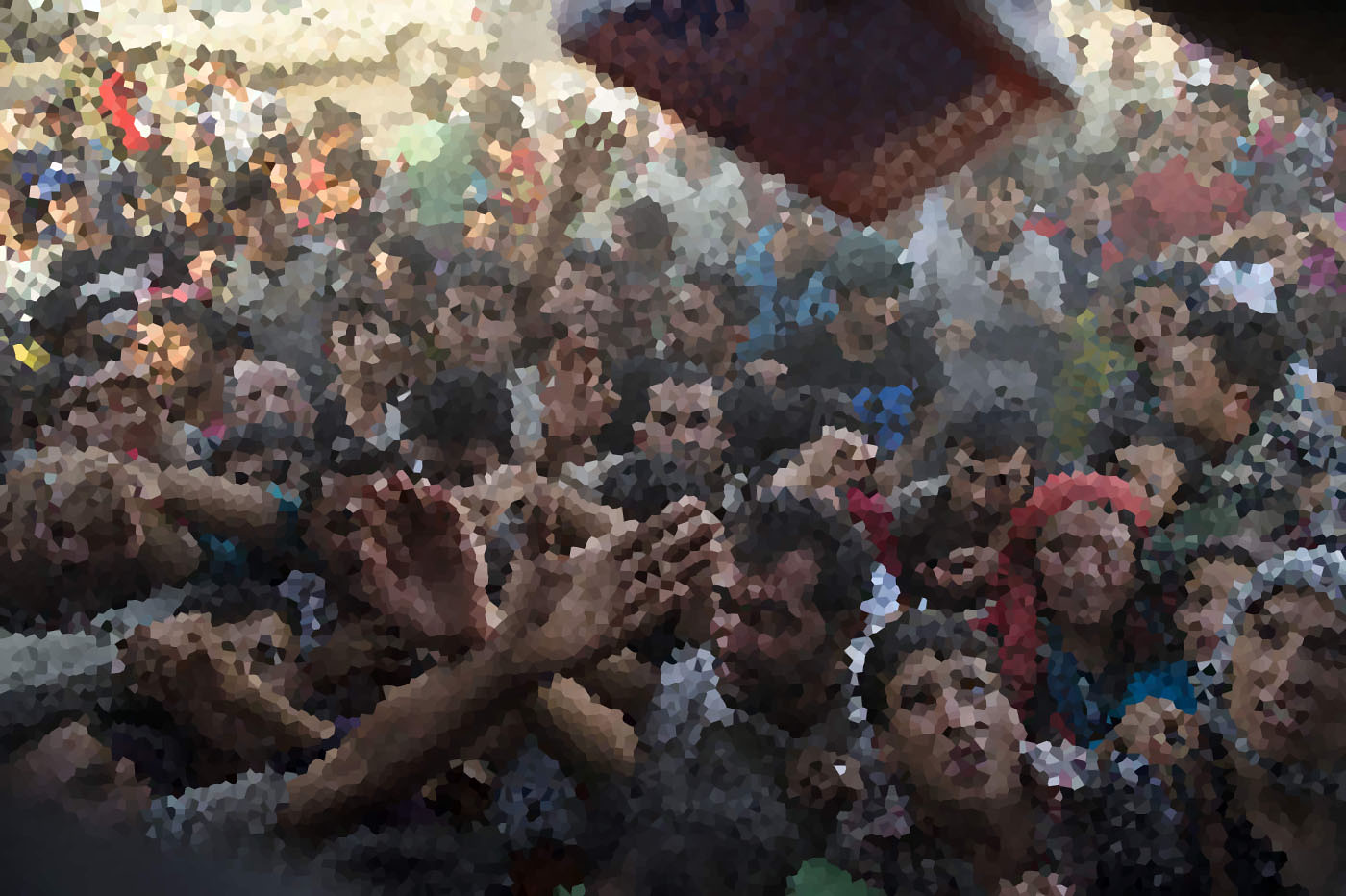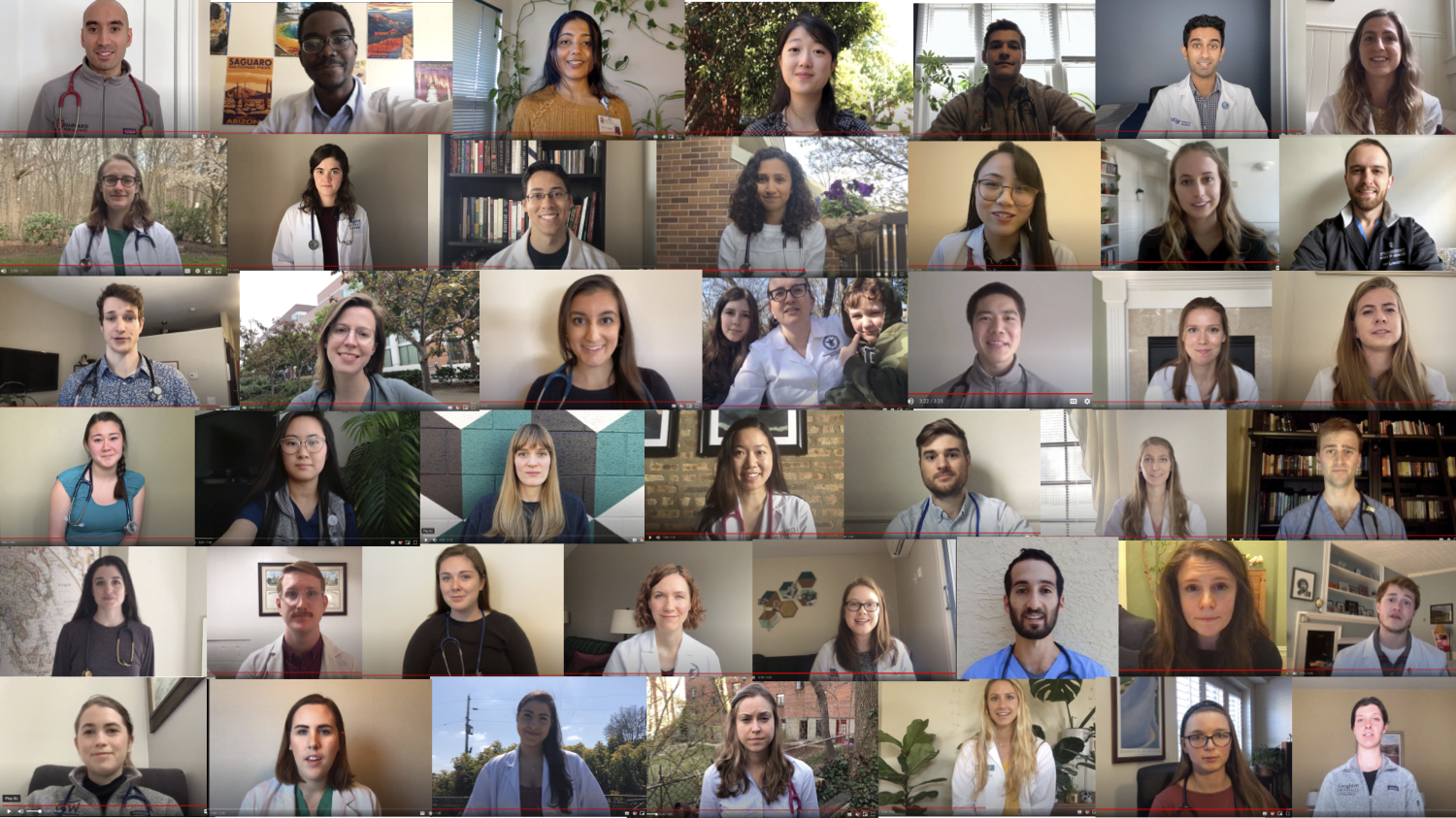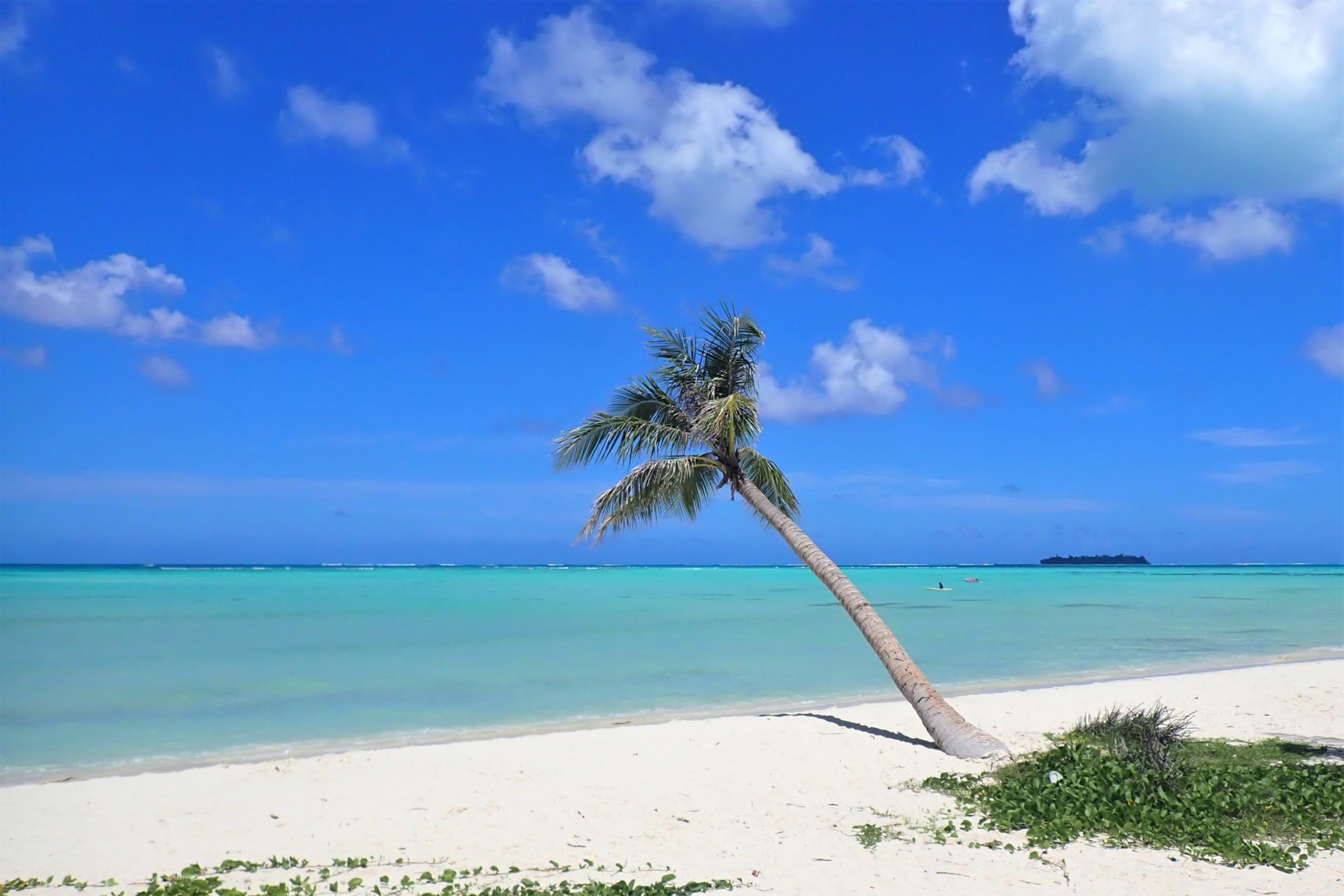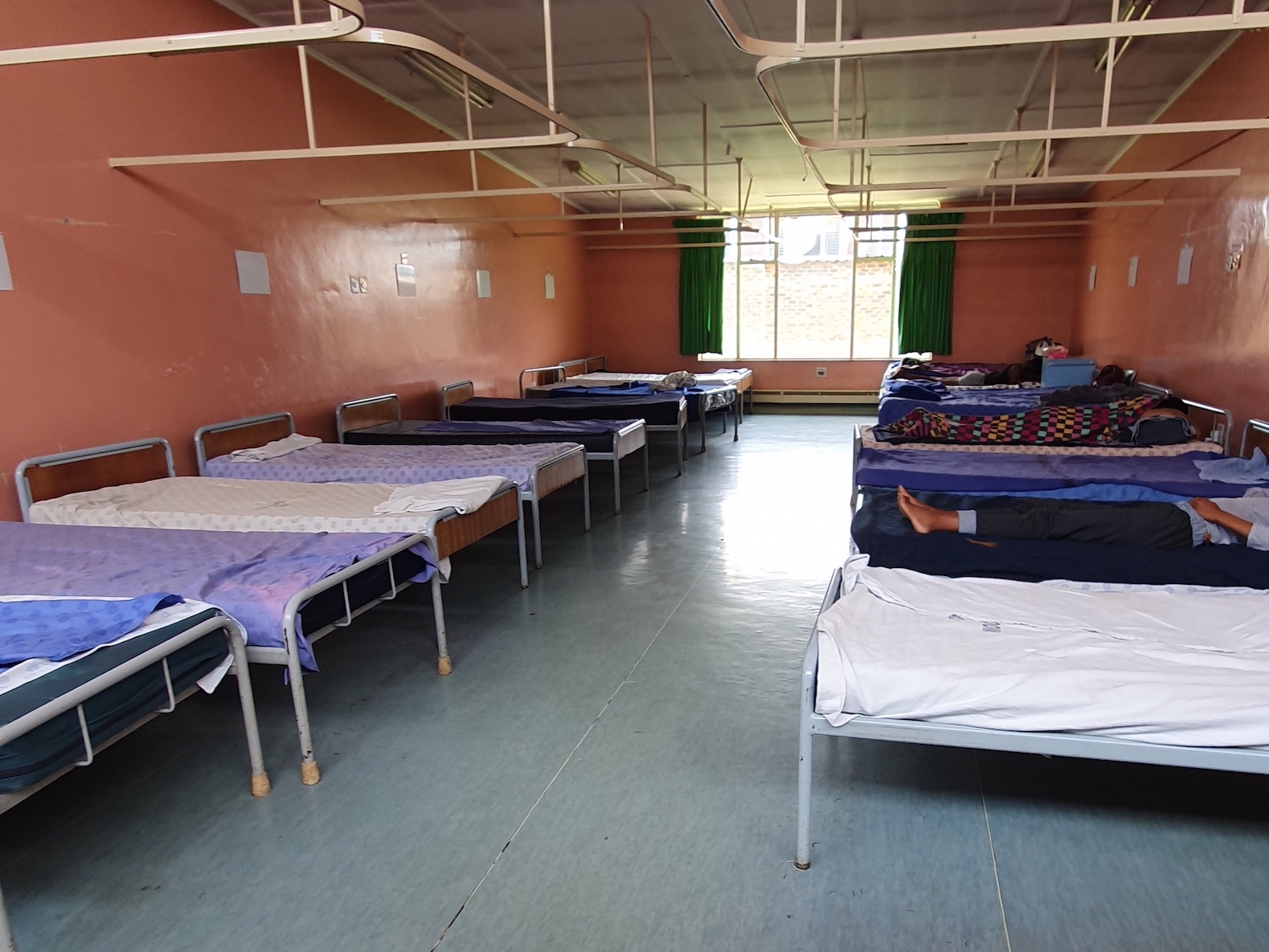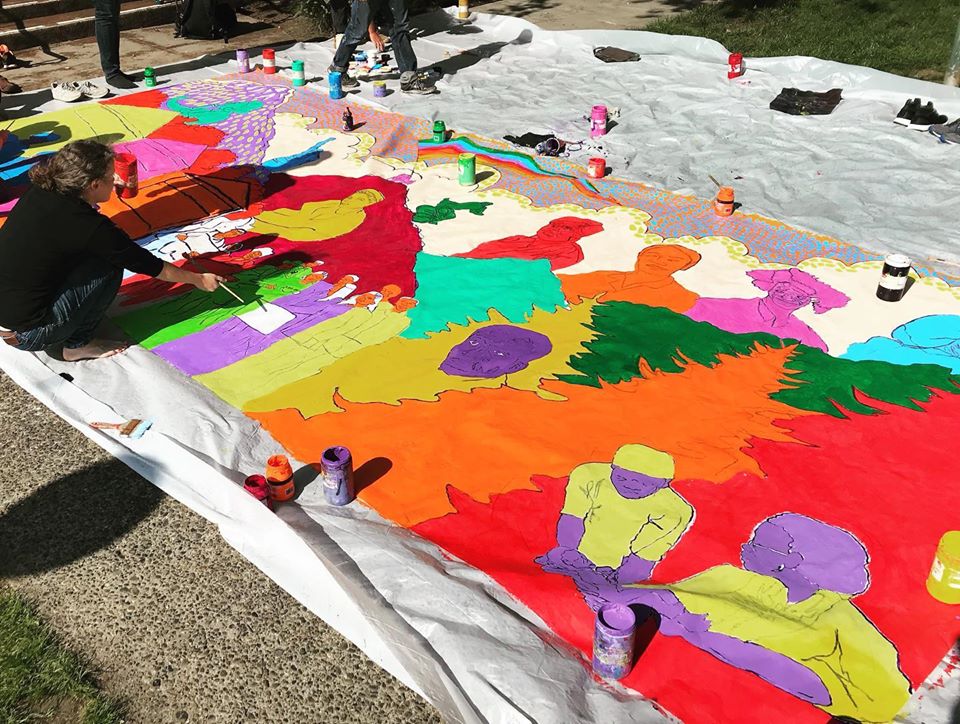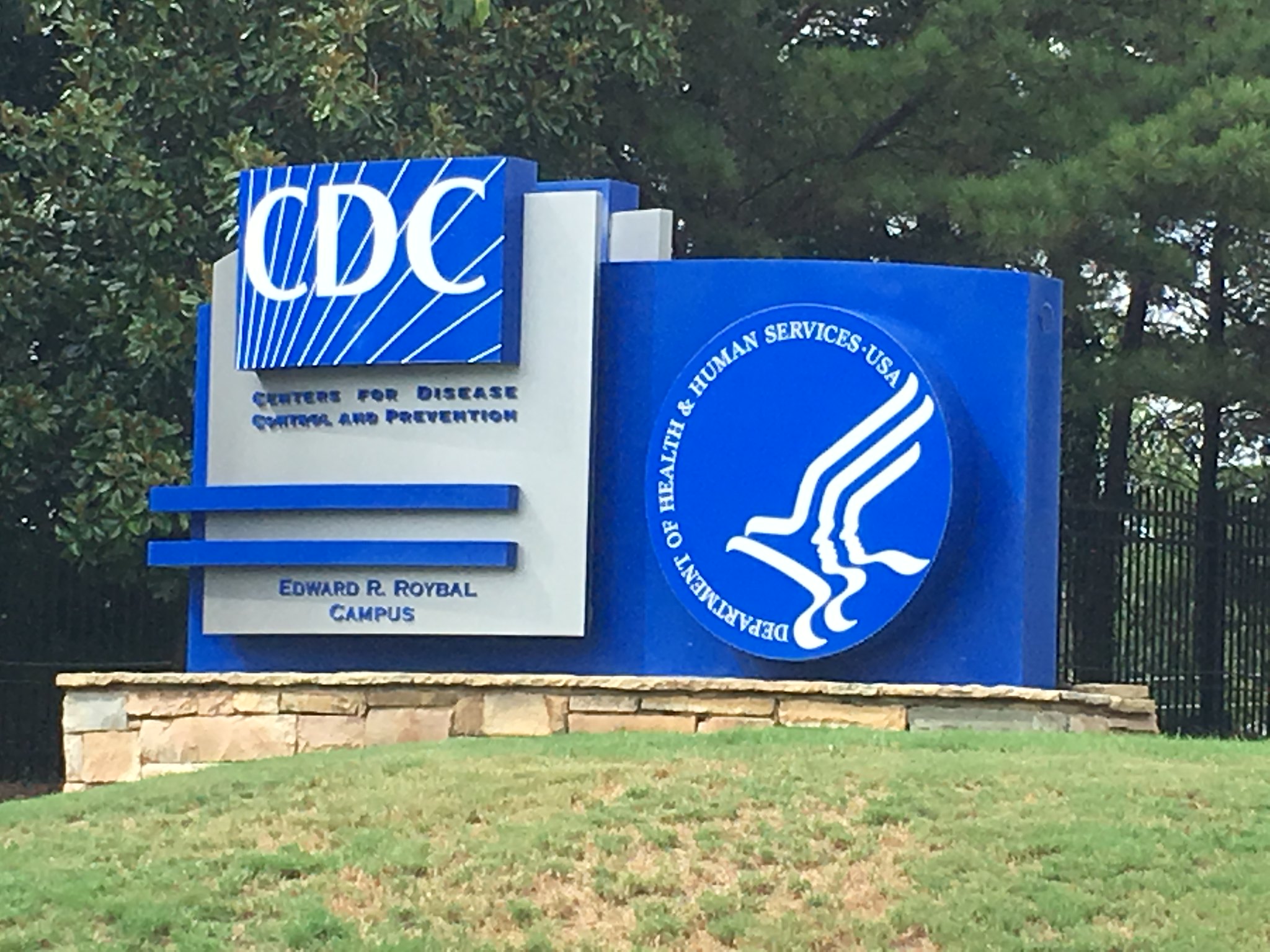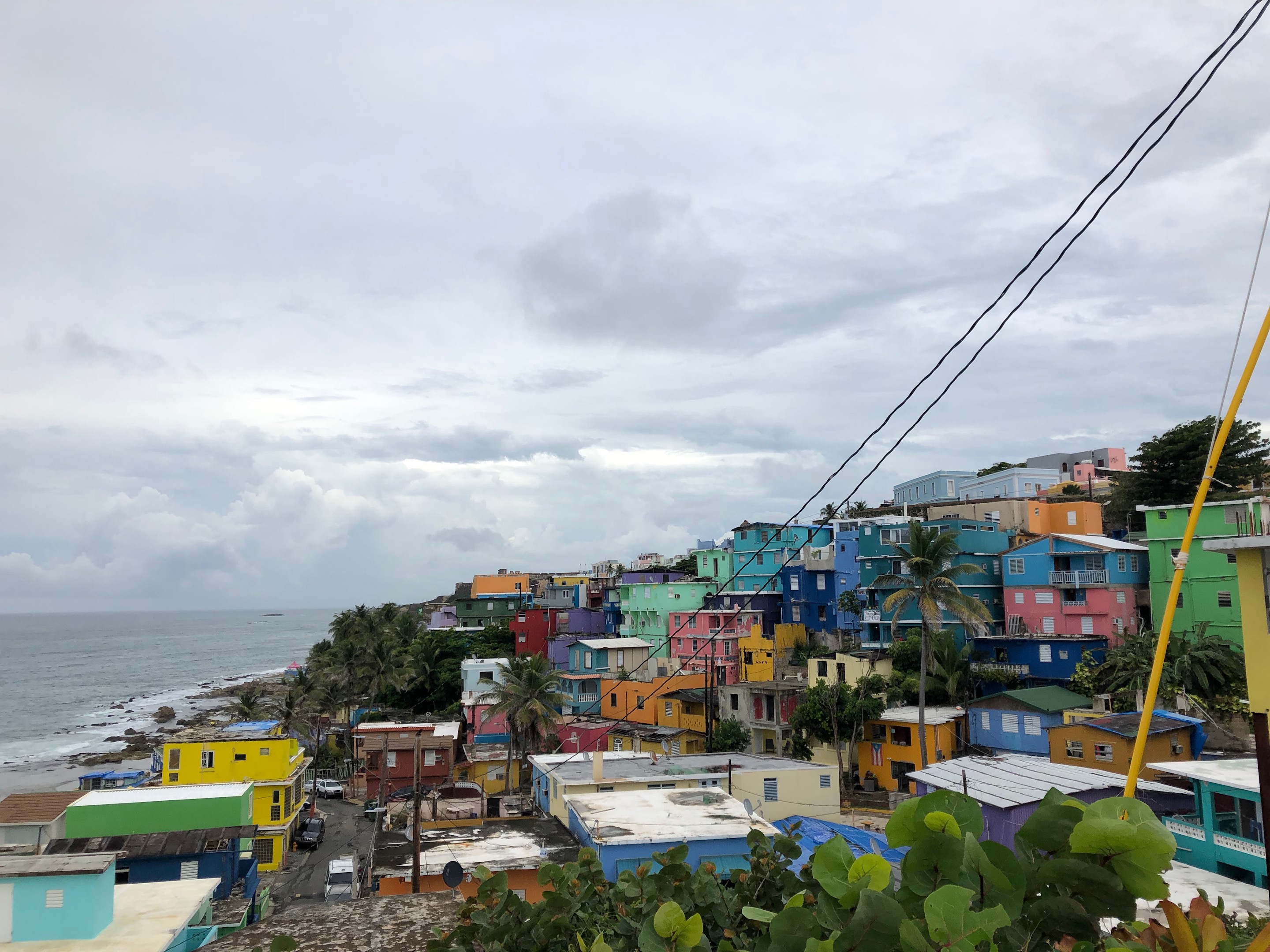Hope for Iraq: A Reflection on Our Current COVID-19 State
This year, a new threat has emerged. Across the border in Iran, COVID-19 has killed scores of people and infected many more, including a deputy health minister, prompting the Iraqi government to close the frontier. Iraq reported its first cases in recent weeks, with 1,415 current case numbers, as of April 15, 2020.

